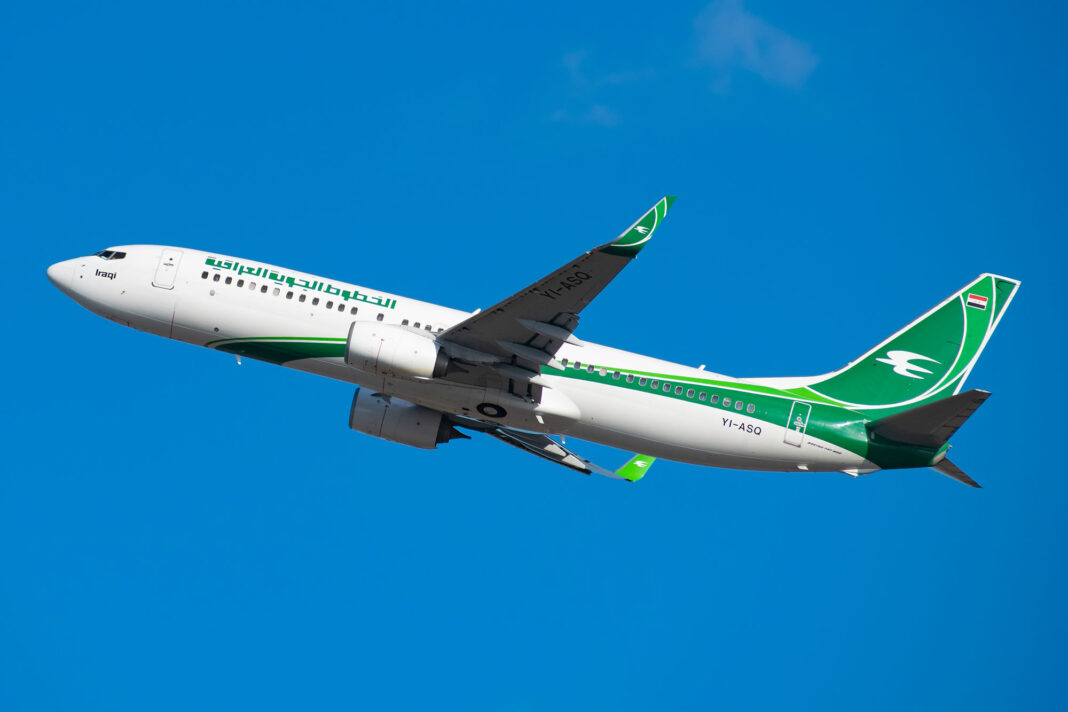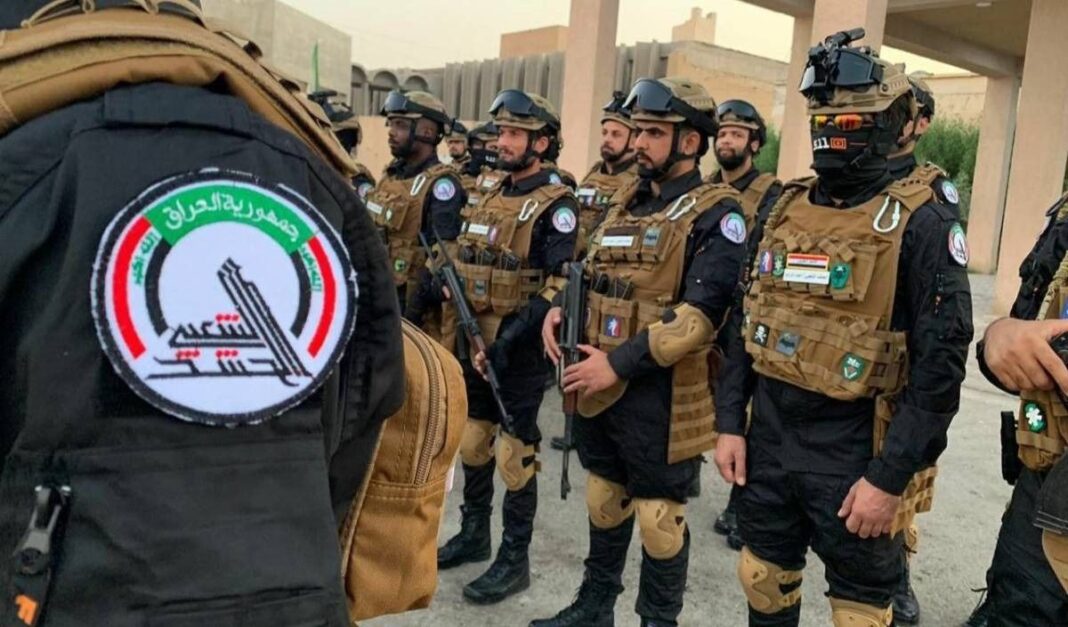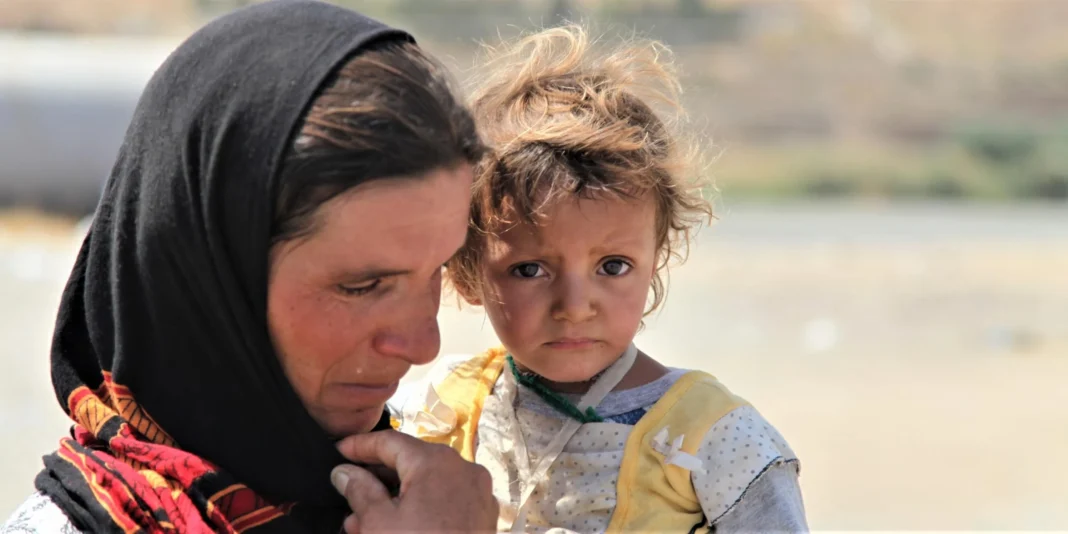Iraqi Airways restarts flights to Iran on Tuesday after a temporary halt. The Ministry of Transport confirmed this move, citing better regional security.
Following orders from Transport Minister Razzaq Al-Saadawi, authorities coordinated to ensure safety before resuming flights, the ministry said. This decision came as airspace conditions steadily normalized.
According to Manaf Abdul-Moneim, Iraqi Airways Director, the airline will operate four weekly flights to Iran. Two flights will depart from Baghdad International Airport every Tuesday and Saturday. Additionally, Najaf International Airport will serve two flights every Wednesday and Sunday.
The airline resumed operations to various international and domestic destinations on June 25, 2025, just a day after Iran and Israel agreed to a ceasefire. This 12-day conflict included missile and drone exchanges that disrupted regional air travel.
Due to safety concerns, airlines avoided parts of the Middle East during the clashes. This avoidance notably affected flights passing through or near Iranian airspace.
However, with the ceasefire in place and threats reduced, Iraqi Airways moved quickly to restore regular service. The airline’s return reflects growing confidence in the region’s aviation safety.
Furthermore, the Ministry of Transport emphasized ongoing monitoring to maintain secure conditions. Officials remain ready to adjust operations if security risks reemerge.
Overall, Iraqi Airways restarts flights after closely assessing threats and collaborating with relevant authorities. This cautious approach aims to protect passengers and restore reliable connectivity.
Travelers can now look forward to safer and more frequent flights between Iraq and Iran. The airline’s schedule reflects a commitment to regional stability and economic
ties.Moving forward, Iraqi Airways plans to expand its flight network as security improves further. The airline also aims to enhance passenger services and boost tourism and trade between Iraq and Iran. Authorities continue to prioritize safety and remain vigilant to respond quickly to any new regional developments.



